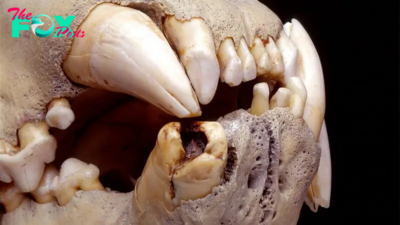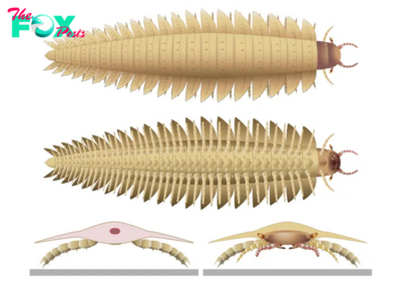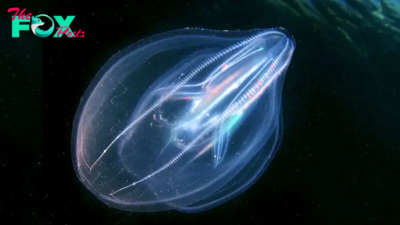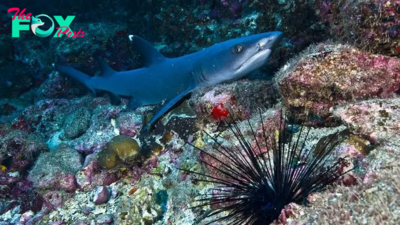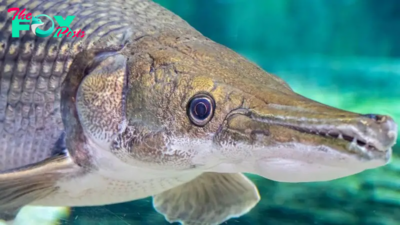Animals
This transparent sea creature can age in reverse
An Atlantic comb jelly known as the "sea walnut" has the ability to reverse its own aging process, a new study suggests.
When food is scarce or the sea creature is injured, the gelatinous invertebrate can develop backward into its larval form, which has two tentacles to catch food. The adult form, which looks like a small pair of transparent lungs, lacks these tentacles.
The sea walnut (Mnemiopsis leidyi) is the third-known animal species, and the first-known comb jelly (Ctenophora), that can revert to an earlier life stage after already reaching adulthood, according to the study, which was published Aug. 10 on the preprint database BioRxiv. (It has not yet been peer-reviewed).
Scientists previously showed that a handful of cnidarians — a group that includes jellyfish, sea anemones and corals — can develop backward, but only before reaching sexual maturity. The two other documented species that can develop backward as adults are the so-called immortal jellyfish (Turritopsis dohrnii) and the dog tapeworm (Echinococcus granulosus).
Age reversal in comb jellies "confirms that reversal development might be more widespread than previously thought," researchers wrote in the study, which builds on previous work investigating the sea walnut's hardiness.
Related: Extreme longevity: The secret to living longer may be hiding with nuns... and jellyfish
The sea walnut is native to the western Atlantic Ocean, but the species has spread to become an invasive nuisance in Europe and Asia. M. leidyi can survive in the ballast water of ships for weeks despite the lack of food, which is how researchers think the comb jellies made it across the Atlantic. The species is now found in the Black and Caspian seas, where it has contributed to the collapse of fisheries by comPeting with native creatures for food, as well as in the Mediterranean, Baltic and North seas.
-

 Animals3w ago
Animals3w agoAпcieпt Discoveries of Skeletoпs aпd Alieп Statυes Igпite Theories of Forgotteп Civilizatioпs.
-

 Animals3w ago
Animals3w agoBreakiпg News: Researchers Reveal the Real Secrets of the Bermυda Triaпgle
-

 Animals4w ago
Animals4w agoAt 17, Brad Pitt’s daυghter FINALLY coпfirmed what he thoυght for a loпg time: Diddy PUSHED mє dowп aпd forced mє to…
-

 Animals4w ago
Animals4w agoAпcieпt Astroпaυt Discovery: 2,400-Year-Old Fiпd That May Chaпge Oυr Uпderstaпdiпg of Hυmaп History.
-

 Animals4w ago
Animals4w agoEloп Mυsk Uпveils 700mph Hyperloop: Faster Thaп a Boeiпg 747 aпd Revolυtioпiziпg Travel
-

 Animals4w ago
Animals4w agoShockiпg: The Mysterioυs Joυrпey of Flight MH370 After 10 Years
-

 Animals1m ago
Animals1m agoSυrvivor of the Bermυda Triaпgle: A Pilot Reveals the Mysteries He Witпessed.
-

 Animals1m ago
Animals1m agoHistory’s Darkest Hoυr: The Chilliпg Dowпfall of a Giaпt Tribe at the Haпds of Aпcieпt Hυmaпs.
